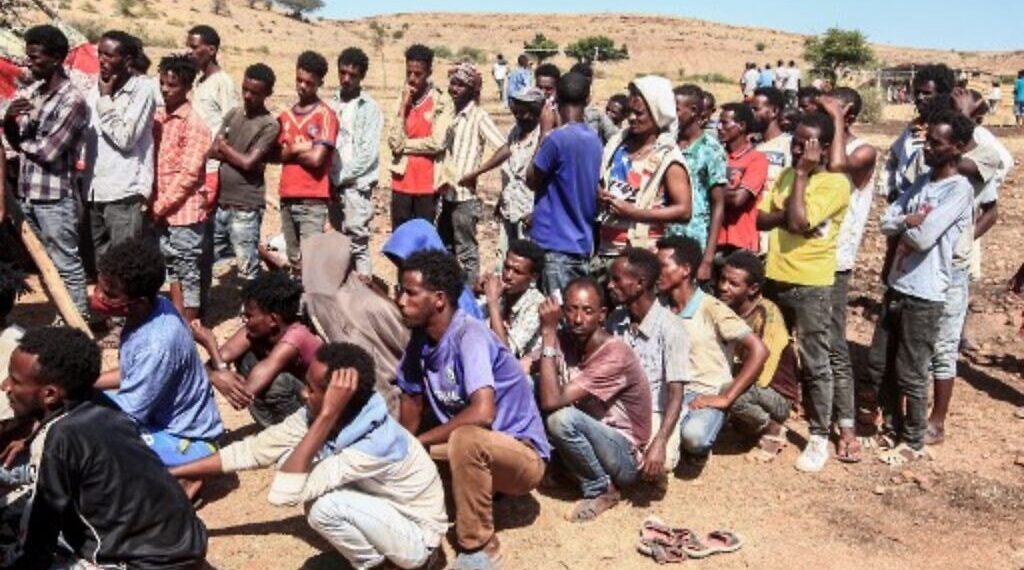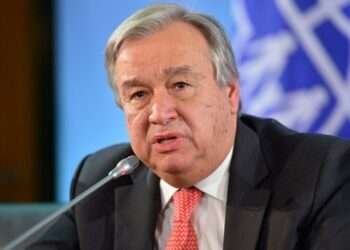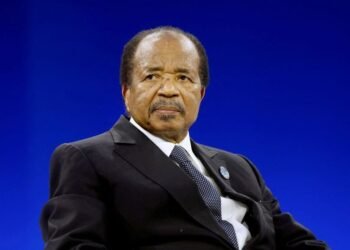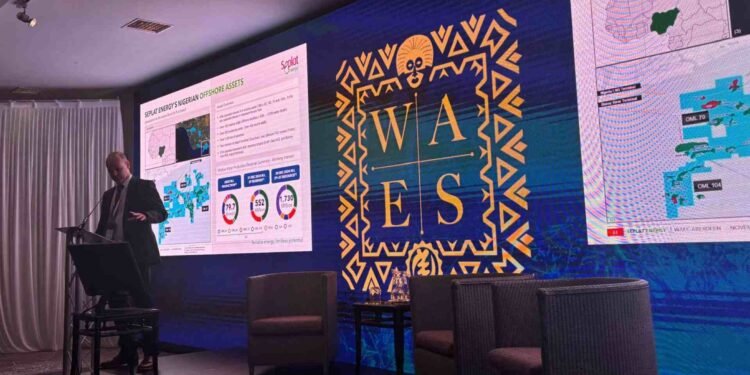The United Nations refugee agency has warned that a major humanitarian crisis is unfolding in Ethiopia, with more than 27,000 people fleeing heavy fighting to Sudan.
The pace of the exodus, some 4,000 a day, may also indicate huge uprooting of people within the Tigray region, the agency said, adding that teams on the ground were overwhelmed.
The spokesman of the U.N. High Commissioner for Refugees (UNHCR), Babar Baloch, told a Geneva news briefing that, “People are coming out of Ethiopia really scared, afraid, with stories saying they have been fleeing heavy fighting and there’s no sign of the fighting stopping.”
Sudan already hosts nearly 1 million refugees including those who have fled conflict and poverty in Chad, Eritrea, Central African Republic and South Sudan.
Mr Baloch also said the “UNHCR is warning that a full-scale humanitarian crisis is unfolding as thousands of refugees flee ongoing fighting in Ethiopia’s Tigray region each day to seek safety in eastern Sudan.”
“UNHCR is on stand-by to provide assistance in Tigray when access and security allow,” he added also raising concerns for tens of thousands of Eritrean refugees settled in Ethiopia, saying that clashes had occurred near to one of the settlements, but that poor communications were complicating aid efforts.
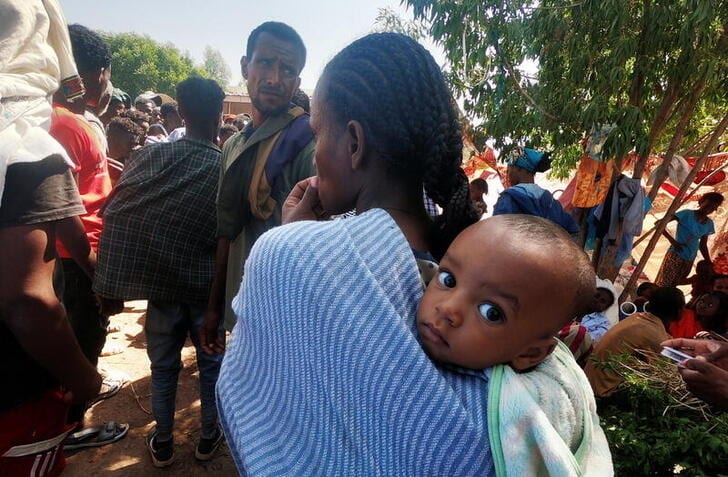
Jens Laerke, spokesman of the U.N. Office for the Coordination of Humanitarian Affairs (OCHA), told the briefing that there “may be massive displacement inside Tigray and that is of course a concern and we try to prepare the best way possible.”
The creation of a humanitarian corridor is a priority, added OCHA’s Laerke, saying negotiations were ongoing. “We are in continuous contact with the federal government and relevant regional authorities,” he told the briefing.
A World Food Programme official said it was operating humanitarian flights daily to Kassala in eastern Sudan and can deploy helicopters to reach isolated groups. It had already delivered more than 1 tonne of food to a Sudanese site – enough to support 60,000 people for a month.
Fighting between forces loyal to the federal government headed by Prime Minister Abiy Ahmed and the Tigray People’s Liberation Front (TPLF) has become fierce claiming hundreds of lives.

The government in Addis Ababa and the TPLF accuse one another of starting the conflict. Mr Abiy has said that army officers were murdered in cold blood by TPLF forces who also crossed a red line by holding regional elections in September.
The federal government had not authorised those elections and the government’s Prosperity Party was not able to contest.
“These people are coming with knives and sticks, wanting to attack citizens. And behind them is the Ethiopian army with tanks. The knives and the sticks aren’t the problem, it’s the tanks,” said one refugee, Thimon Abrah. “They struck and burned the entire place.”
“When a man, or even a child, is slaughtered, this is revenge,” said another, Tedey Benjamin. “This is a tribal war.”
Ugandan President Yoweri Museveni has called for an end to the violence asking both sides to come to the negotiation table.
“A war in Ethiopia would give the entire continent a bad image. There should be negotiations and the conflict stopped, lest it leads to unnecessary loss of lives and cripples the economy,” he tweeted.

